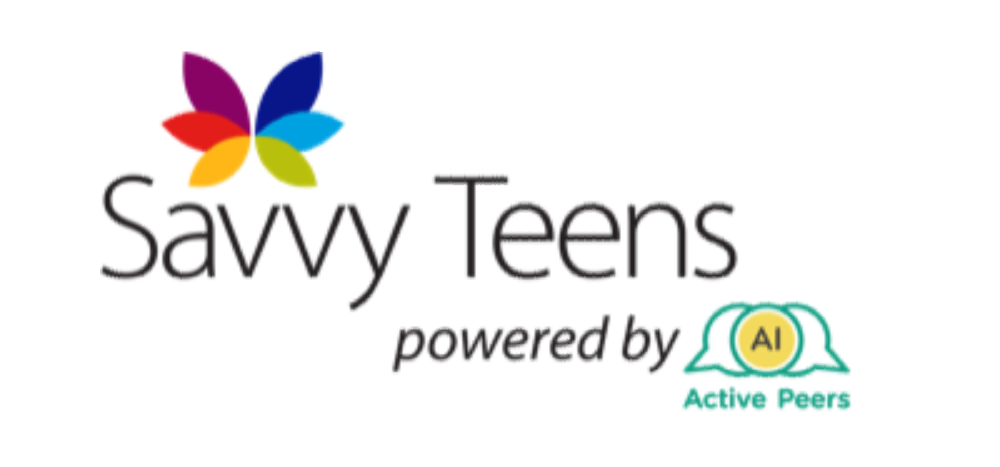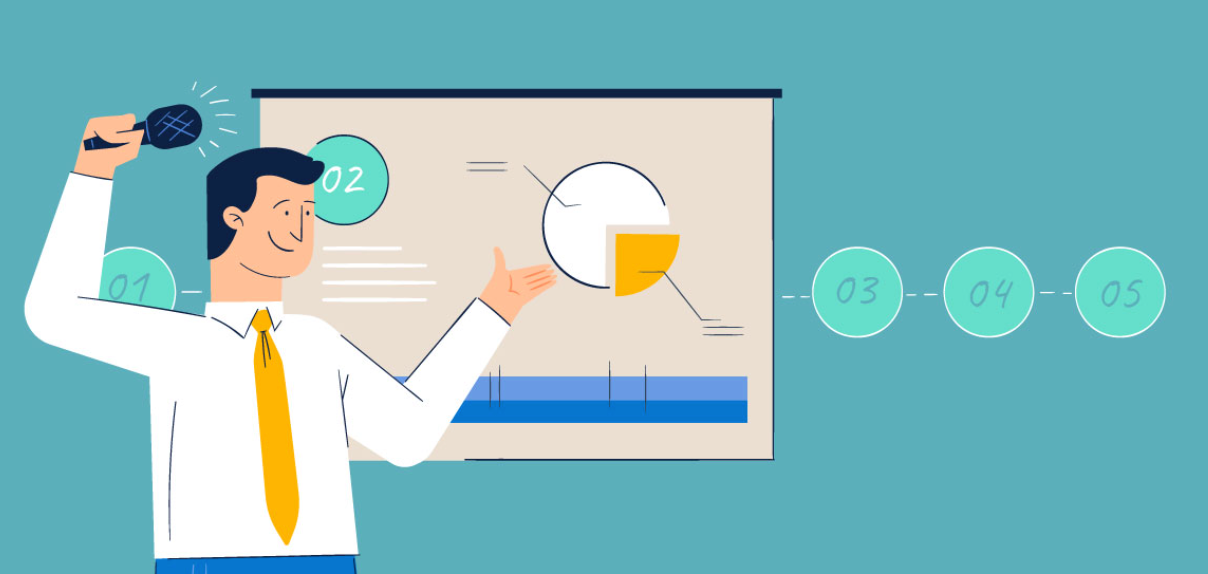How to Not Give a Terrible Presentation
This is a subtitle for your new post
We’ve all been there for a dry, boring presentation. Whether it was at school, or work, or some event, we all know what it’s like. You can’t wait for the presentation to be over, so you can get on with your life. There’s just no energy to it, and half the information is unnecessary. You end up thinking “why am I here?”
Then there are presentations that hit you. Maybe it makes you emotional – empathizing with pain, wanting to jump up in excitement, a moment where you can’t help but smile. The presenter has a great stage presence, it feels like they are talking directly at you, and you feel like you’re getting to know them.
In January 2020, The Harvard Business Review published an article titled “What It Takes to Give a Great Presentation.” In that article, the very first point was “Great presenters use fewer slides – and fewer words” and if you search on Google “why are most presentations boring” the entire first page will mention at least once – that we should change how we use slides.
There are many reasons for a dull presentation, including ineffective slides. So why is it that so many presenters struggle to give a great presentation? What makes certain presentations so much better than others?
Rule #1: Don’t be formulaic. Make the talk your own.
One of the biggest reasons so many people deliver poor presentations is because they are following someone else’s example. They don’t add a bit of themselves into it.
Effective presenters add something special.
Many presenters frame the talk as a journey, they take the audience on a ride through certain moments of their life. They don’t tell the audience about their whole life or their whole career, they skip over much of it, and tell the key moments of the journey.
A presenter might add a certain “wow” factor. In 2009, Bill Gates did a now-famous Ted Talk where he released a small swarm of mosquitoes on the audience to illustrate his point – that while the people in the room were not affected by malaria (which was carried by mosquitoes) they should still care. By making the issue relevant to the audience, while assuring them that the mosquitoes were not infected, Bill Gates was able to draw the audience’s attention.
Rule #2: Be a Speaker, not a Reader.
Remember that you are a speaker, a presenter. The audience came to hear you speak, not to read an essay. They also didn’t come to watch you read. So don’t overcrowd slides with text. And don’t read directly from your slides, or from a teleprompter, or a script. If you need to have notecards, or non-crowded slides to aid you that’s okay.
Martin Luther King, Jr.’s best speech moments came from improvisation. In his “Dream Speech” at the Lincoln Memorial, the “I have a dream” portion was completely improvised! It wasn’t sheer talent, it was because he gave so many speeches and practiced them over and over that he was able to just put together the best of all those previous speeches together in that moment.
Practice your presentation, understand what you’re trying to say. What is your key message? Have a guide for how the presentation should go if you want, but don’t worry too much about exactly what you’re going to say. If you practiced enough, you’ll deliver.
Rule #3: Talk to the Audience, Not At Them.
It’s quite obvious to most people that if you’re going to present a topic, you should be well-versed in that topic. You should understand your material, and be an expert in it, relative to those you are speaking to.
However, a big problem for a lot of presenters is they feel, often without meaning to, that they need to share everything they know with the audience. They feel that they need to make everyone an expert. You don’t.
Focus on the audience, talk to the audience. Feel free to ask questions of random audience member volunteers, or ask rhetorical questions to draw attention before answering them. Use humor to liven up the audience if the situation allows for it.
Consider your presentation from the audience’s point of view and focus on what is most relevant to them. What do you think would be most valuable for the audience to walk away with? What are the most relevant points?
Let’s Talk About Slides
Remember that you’re a speaker, not a reader. The focus is on you giving the material, not on the slides.
If you must use slides, don’t overcrowd them. Don’t write paragraphs, write short sentences.
Make sure to use themes and make it look professional. If you’re going to use it, a well put together slide deck is important.
Make the topic more real for the audience, like Bill Gates did. If you can’t bring mosquitoes, maybe it’s an online presentation over Zoom, use pictures & videos! We live in a media-saturated society, but more importantly, human beings are visual creatures. A good picture accompanying what you’re talking about, or a short video can make a presentation much better.
Conclusion
Remember: Talk To the Audience, Don’t Share Everything.
Remember: You Are A Speaker, Not a Reader.
And most importantly, Remember: Don’t be Formulaic. Make the Talk Your Own.












